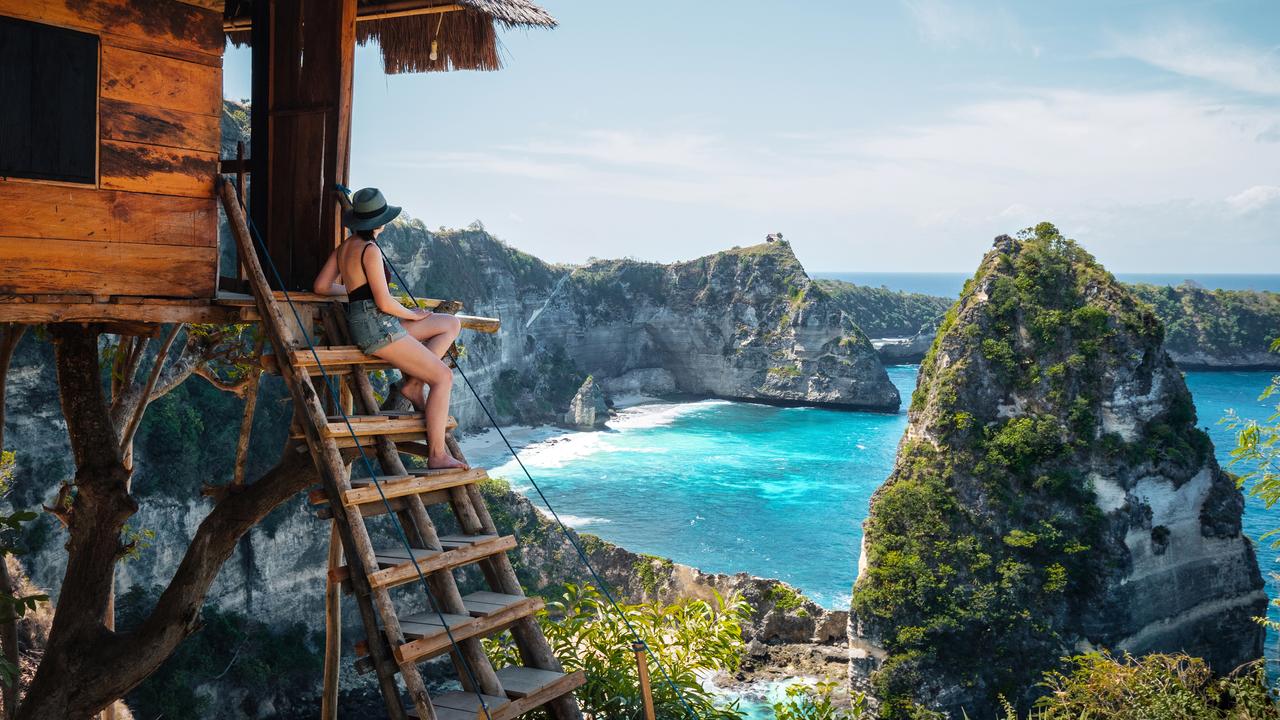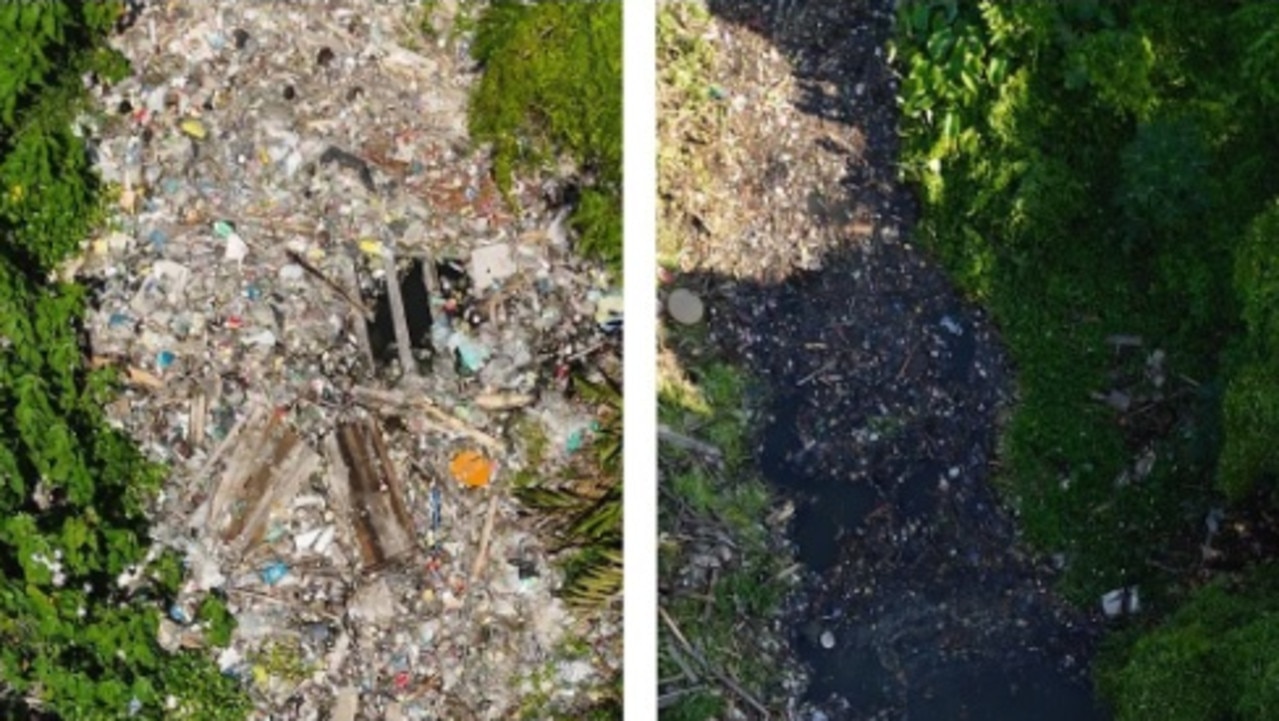Expert says Bali will focus on locals rather than foreign visitors
As Bali grapples with its worst Covid-19 outbreak to date, experts say how the tourist-driven island will survive rests on the shoulders of locals.

Hundreds of Australians were forced out of coronavirus-struck Bali earlier this month on board a special repatriation flight organised by the federal government and experts say the holiday island will never be the same again.
In the past few weeks, as Indonesia grapples with soaring virus cases, almost 800 Australians registered their interest to leave Indonesia with Australia’s Department of Foreign Affairs (DFAT).
To date, Indonesia has racked up nearly 3.9 million official coronavirus cases and more than 120,000 deaths.
Indonesia has quickly become one of the worst hit nations, with experts suggesting local travel during the Islamic Eid holiday in May and the spread of the highly-contagious Delta variant are pushing case numbers up.

Despite daily new infections in Indonesia appearing to trend down in August after hitting a high of more than 56,000 in July, Bali is in the midst of one of its worst outbreaks since the pandemic began.
Prior to the pandemic, Bali attracted more than six million foreign tourist arrivals in 2019 alone and Australian and Chinese tourists making up more than half of that total.
Domestically, 10.5 million Indonesian tourists visited Bali in 2019, while about 4.5 million travelled to the resort island in 2020.
As an island reliant on international tourism, Bali moved to focus on attracting local visitors while overseas borders remained closed. Some say local tourists had been discriminated against prior to the pandemic, with the priority always on the international dollar.
But now, experts say the tourism sector will need to change their priority from overseas travellers to those holidaying domestically for months, maybe years to come.


“It’s time Bali stopped deifying foreign tourists, in the future after the pandemic it will be difficult to attract tourists because tourism competition will be even tighter between countries,” Nyoman Sukma Arida, a Tourism Faculty lecturer at the Udayana University, said during a virtual discussion with local media Coconuts.
“We’ve observed how Bali differentiates treatment between foreign and domestic tourists. But this doesn’t happen in other regions like Yogyakarta and Malang, where both tourists are treated equally,” Sukma said.
All domestic air travel in Indonesia requires evidence of at least the first dose of COVID-19 vaccine, except if you are travelling to transit to a departing international flight.
Currently, to enter Indonesia you must show evidence of full Covic-19 vaccination. These vaccination requirements also apply to children between the ages of 12-17.




